FT Live Future of Retail 2025: New AI powered GEO search methodology “terrifying” for retailers
Rob Feldmann, CEO at BrandAlley, which owns homeware specialist Lombok, Cocosa.com and other assets such as the Edit LDN trainer resale brand, is “terrified” of what the move away from traditional SEO search might do to retailers, as AI powered search alternatives reliant on Generative Engine Optimisation (GEO) techniques arise instead, such as ChatGPT and Perplexity.
GEO techniques will have to focus on factual accuracy, authority, conciseness and content quality to become a trusted source for AI models that will increasingly drive search in the future.
“I find it very scary,” said Feldmann, speaking at FT Live: Future of Retail 2025, which was held in London this week. Essentially, because retailers are cut out of the algo-driven ecosystem they cannot pay to be at the top of search rankings anymore, threatening many online businesses that rely on this and potentially denying them vital data.
“Not featuring in the rankings is pretty catastrophic,” said Feldmann. “Most online businesses traditionally relied on Google search to get products to consumers. In the past, you could pay Google to get access to sales and to the top of the rankings. But the cost of this has gone up massively, especially so after GDPR rules meant youngsters can opt not to share their data now, as they increasingly do, making Google evermore important in recent years.”
However, they won’t necessarily be so in the future, unless their Google's AI Overviews offering establishes the same dominance, as their prior search approach delivered to the company. This is unlikely as AI agents will increasingly be chosen by consumers to fit their needs.
“GEO is the new search model powered by Gen AI that scrapes for answers to queries,” explained Feldmann. “The top results are different - it’s not retailers who’ve paid to be at the top of Google anymore.”
Traditional search was built on links. GEO isn’t. It is built on language instead. “It’s too early days now to know how all this will develop yet,” said Feldmann. “But retailers are definitely watching it closely.”
Feldmann also advised the conference session attendees to look at China’s WeChat ecosystem as an illustration of what might be to come in the future. Chat GPT and others are trying to ape it by similarly trying to keep everything within their ecosystem. This could marginalise the retailer in future, particularly if they haven’t got a strong brand affinity to ensure consumers actively seek them out.
The crucial problem of this new search era is two-fold:
· Retailers are blind to consumers
· Consumer data may not go to the retailer anymore.
As Feldmann put it: “You might deliver the ‘little black dress’ but you won’t get the valuable data that comes with it. Your 5-10% spend on traditional marketing might not work anymore either. That is very scary.”
Incoming UK BNPL regulations may present another challenge
The rise of buy now pay later (BNPL) payment mechanisms online that allow the cost to be spread over four interest-free instalments, thereby encouraging consumer purchasing has been a rare revenue raiser for retailers - that admittedly have to pay the providers for the privilege - over the last decade.
“It’s good for customer retention too,” said Feldman. But there are new regulations coming into effect next summer in the UK, however, that might adversely impact the market and potentially sales.
The new rules due in mid-2026 mandate Financial Conduct Authority (FCA) authorisation in future for providers, upfront affordability checks, and a complaints rights procedure via the Financial Ombudsman Service. They are designed to protect consumers from rising debt and unclear terms, and bring BNPL under the auspices of a tailored version of the Consumer Credit Act 1974.
Fellow panellist in London, Rich Bayer, CEO at ClearPay, a BNPL big hitter, welcomed the move, believing it will drive lesser players from the marketplace. Known as Afterpay in Austal Asia where the offering was first launched, this effect has already been evident there, he argued.
“The new regulation might even open up the market a bit more [away from just Millennials –Ed.],” said Bayer, while claiming to be “excited” about it. “We will be compliant by July 2026 and remember we are very different from credit cards that only make money arising from failures to pay. We are the opposite. We make our money from retailers.”
The impact of the UK BNPL regulation remains to be seen. What is for sure is that retailers do not want to lose yet another revenue stream during the present economic climate where trading is tough enough already due to the Cost of Living (CoL) crisis, Trump’s tariff wars, and the general geopolitical instability of the world at the moment.






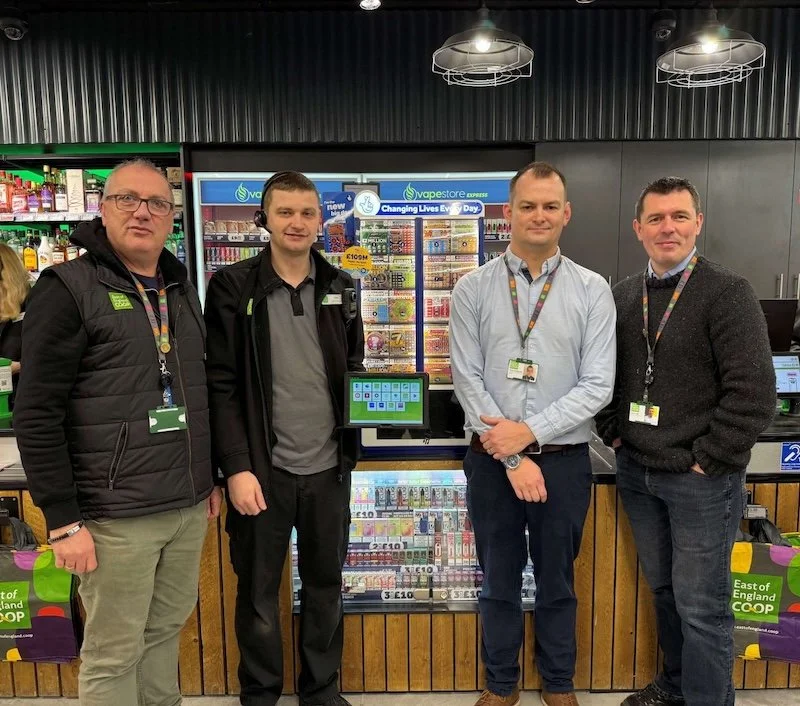


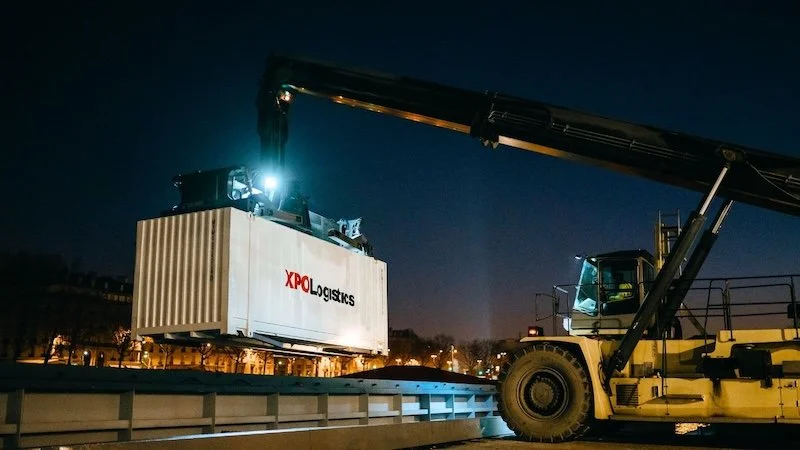






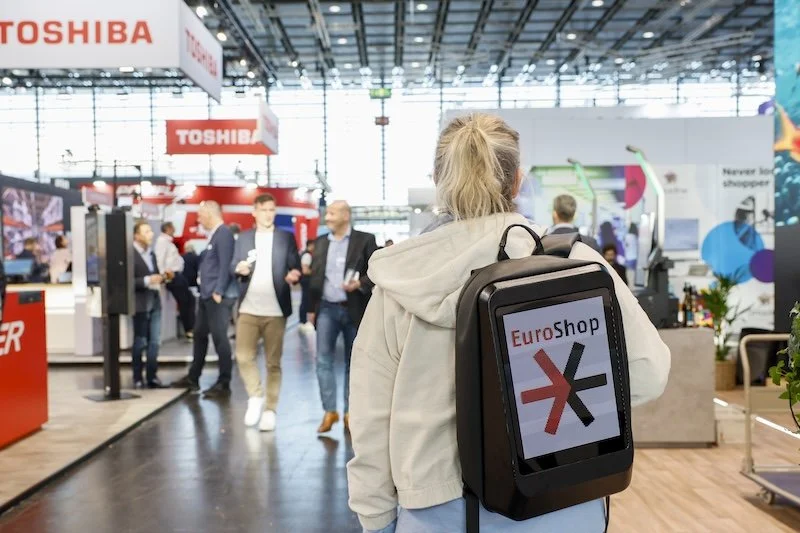



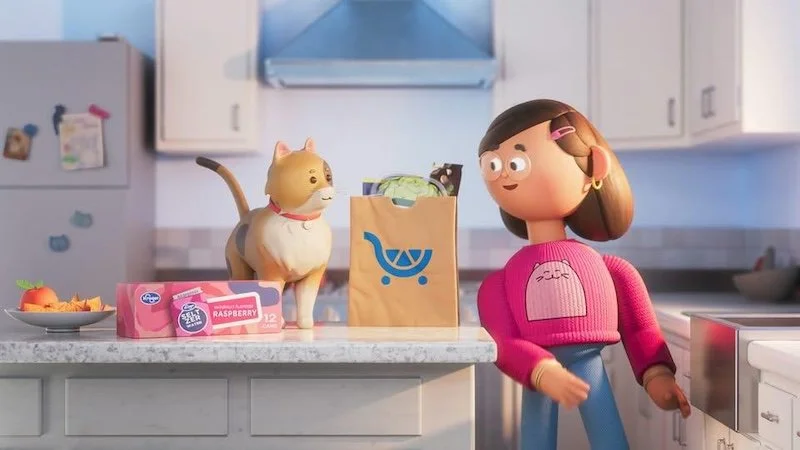






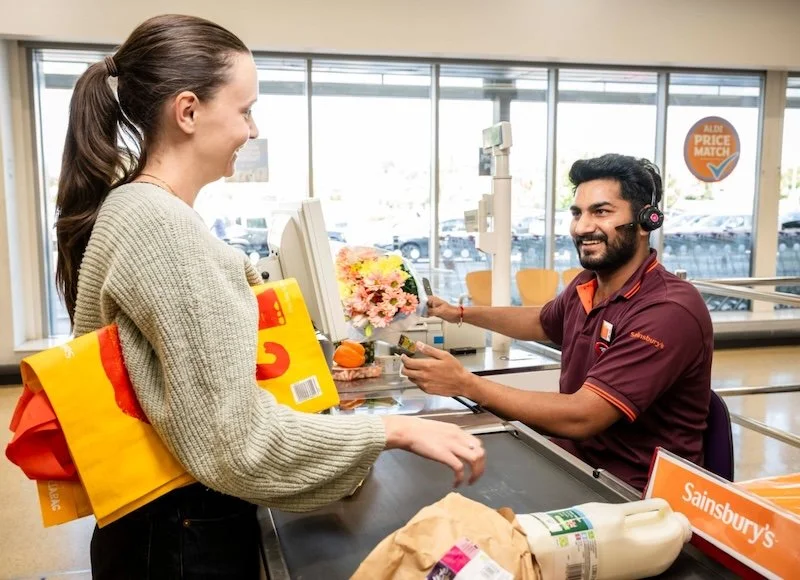
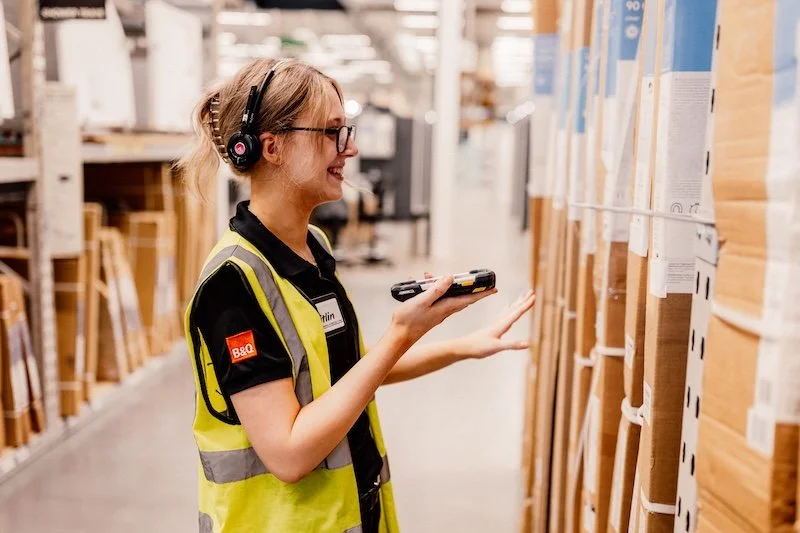
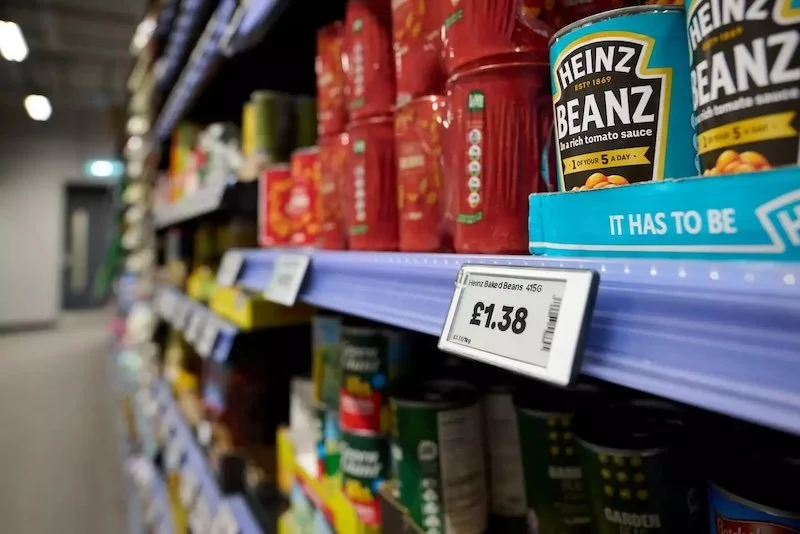
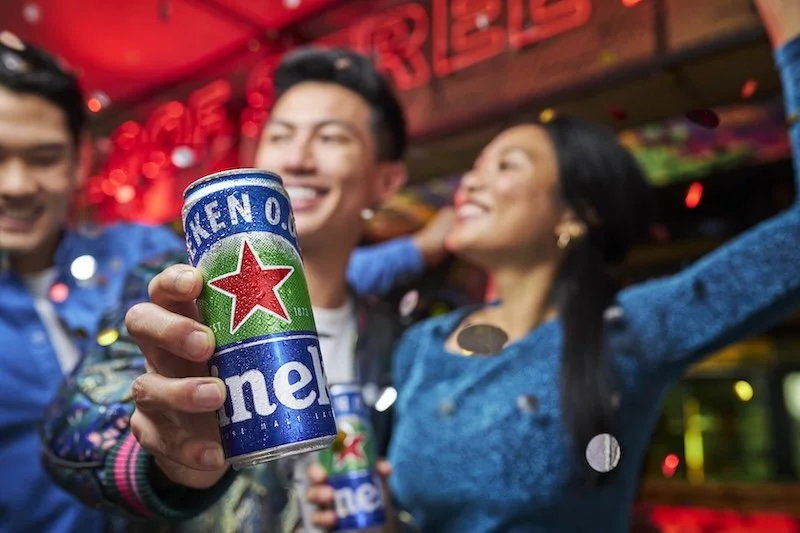
Continue reading…